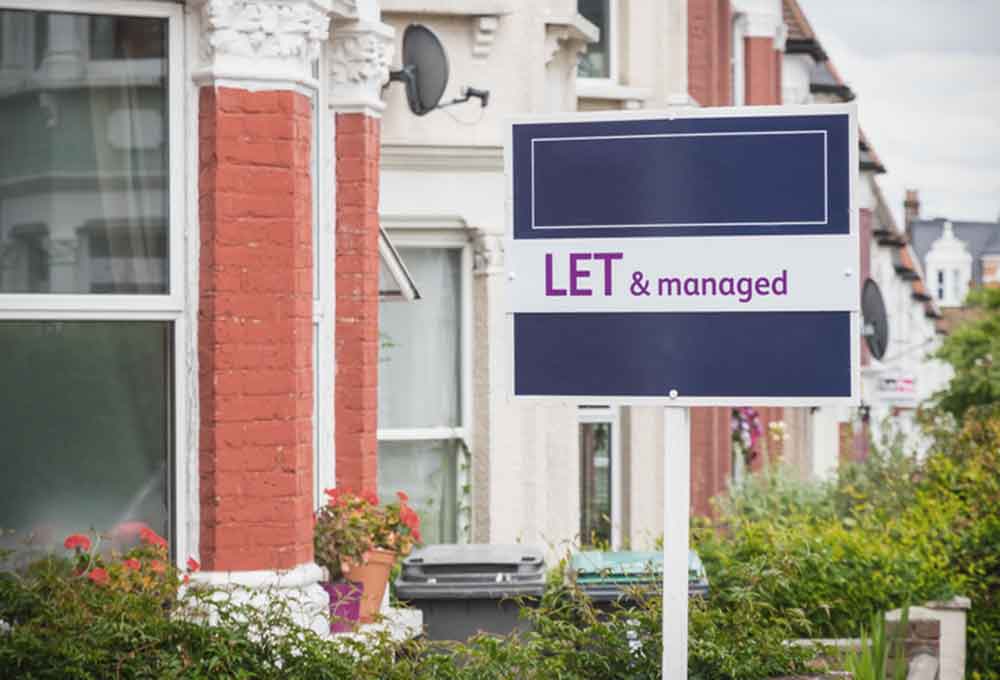If you own your own home, and are living with mould, you need to address this for the health of your family. If you rent your property to tenants, you are not only morally obliged to remove mould within your property, but you also now have a legal obligation.

Our main core of business is serving letting agencies in mould removal.
Although the responsibility is on the landlord to ensure their property is fit for rental, letting agencies are also duty bound to ensure that the tenant has a right to live in a safe healthy environment.
New laws set, out by the housing secretary Michael Gove, will force landlords to investigate and fix damp and mould within strict new time limits. Therefore, whenever a tenant complains of damp or mould, a record should be kept as to the date and time you take the enquiry as the clock will be ticking. Although there are currently no laws on the level of competency that defines a mould removal company, the removal of mould must comply with strict Health and Safety guidelines outlined by COSSH.
It is important that a property manager, never offers advice to tenants to remove mould themselves. If a tenant becomes ill, they have the right to sue either yourself personally, or the letting agency.
Letting and especially managing agents are the bridge between the landlord and the tenant. Dealing with many tenants, it is essential that the letting agent employs competent contractors to remediate all issues, both speedily and efficiently.
At UK Mould Removal, we pride ourselves in reacting to all enquiries within 24 hours. A typical enquiry for mould removal would be as follows:
We pride ourselves with our reporting. Every report is in laymen’s terms and the report gives recommendations on why the property was infected by mould issues along with a plan on how to reduce the risk of mould returning. Letting agencies require a quick, efficient and competent service with the personal touch, we offer such a service in the removal of mould.

There are two main reasons why a landlord should remove mould at the earliest opportunity.
Firstly, mould can affect the integrity of your property. Mould consumes organic matter, and therefore flooring, joints and plastered walls will deteriorate causing structural damage if left untreated.
Secondly, the health of your tenant should be paramount. Tenants living with mould are now protected by the law, as a coroner directly linked mould as the cause of death in a 2-year-old boy. Awaab Ishak.
This amendment by Michael Gove to the Social Housing Bill was set out in February 2023 which will give strict guidelines in the summer of not whether a landlord should seek a mould removal company, but within strict specific timeframe's. This is not just for black mould; this is for all mould related sightings.
Councils, housing associations and other social housing providers are duty bound to react when you contact them with regards to mould. Awaabs Law (see link) has finally recognised the dangers of living with mould into the forefront in the same way as asbestos has for years.